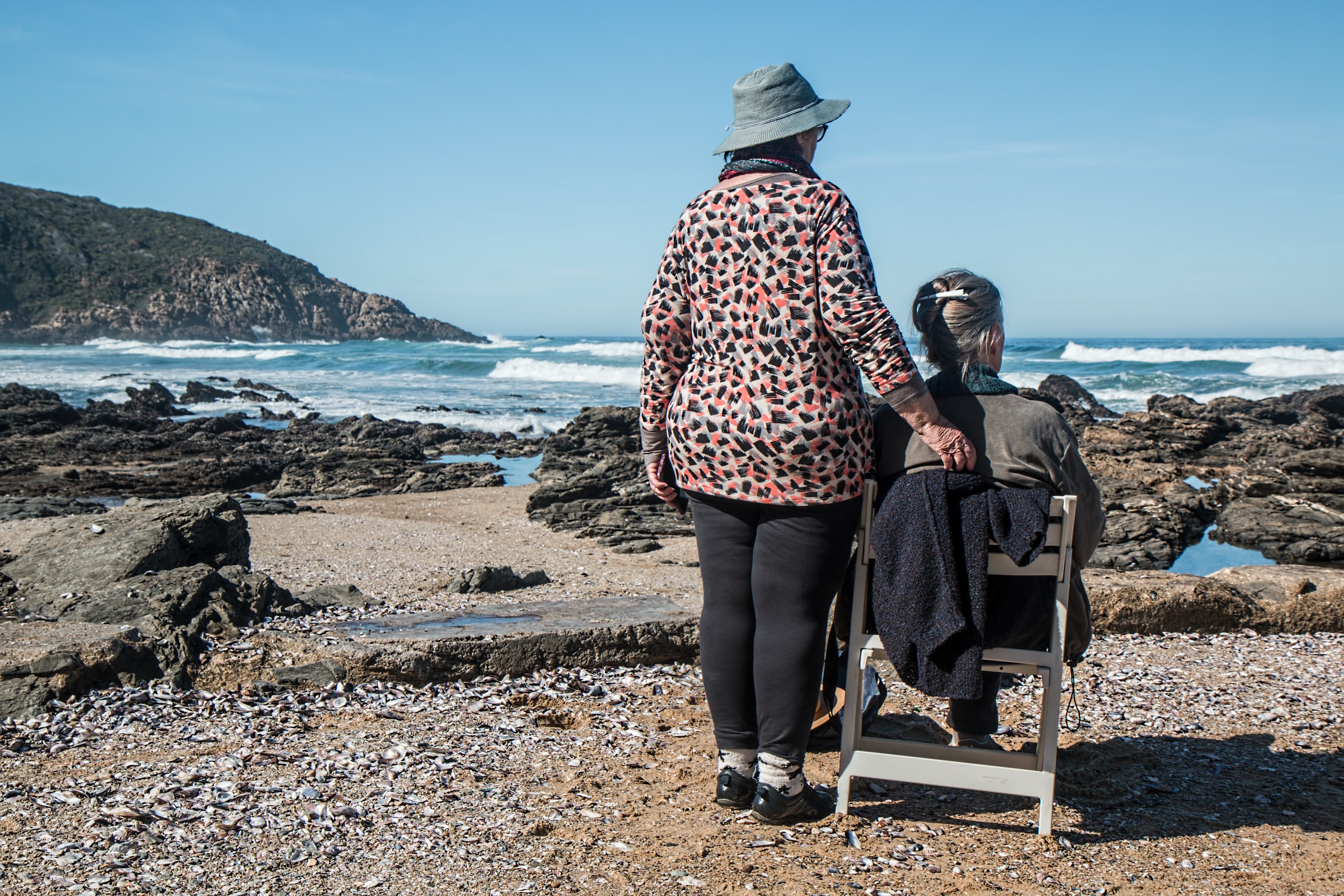For adult children, watching your parents age can be difficult at times. While it seems easier to tiptoe around the fact that they are getting older, it’s important that you take the time to understand their care preferences before they face any major health or ageing issues.
Unfortunately, many families don’t have the conversation with loved ones about their care preferences, the services available, and any financial or legal arrangements that need to be made. In those situations, the children often end up having to make decisions in a crisis or without any knowledge of their parent’s wishes.
Having the conversation with your ageing parents about their future needs doesn’t need to be confronting and can make the ageing experience easier for you both.
Here are a few tips on how to get the most out of a conversation with your parents about aged care.
1. Do your research before you chat.
Think about your parent’s health needs now and any concerns you have for their future. For example, does their house provide a safe environment should they lose mobility? Do they have certain medical needs that require ongoing appointments or regular medication? Might they need a bit of help around the home so they can continue to enjoy independence?
Explore the services and options that might be available to your parents, so you have an idea of the solutions available to them. Don’t set your heart on anything specific – the decisions need to be made together.
2. Talk soon and in person.
It’s easy to find excuses to delay your discussion about aged care. However, talking sooner will take the pressure off you if a crisis does occur. Be proactive by having the conversation before any problems come up.
This conversation should be had face-to-face where possible. Pick a time and day that your parents are well rested and choose a location where you won’t be interrupted (and that has a good cuppa, of course).
3. You can really help when you begin to listen.
You want the best for your parents, so you might be quick to jump to the options you think are the right fit. It’s important that you put yourself in your parent’s shoes and remember they have the right to make their own decisions about their future.
Ask questions, provide options and importantly, listen to their wishes so you find a solution that works for you both. A calm, kind demeanour will show you care and understand their worries.
4. Avoid an overload of information.
While understanding your parent’s options before the conversation is important, overloading them with statistics or research can put them on the defensive about their position. Educate yourself, but don’t flaunt that information during the conversation – use it to provide options.
5. Ask for help.
There are a range of service providers available that can help support your parents and also improve their circumstances so they can continue to enjoy independence as they age. There are also funding options available that your parents may be eligible for that could help them financially.
6. Talk again, if you need to.
If your parent’s circumstances change, don’t be afraid to have another conversation with them about their situation and how it might affect their age care needs. Keep the conversation open, so you can both raise any concerns as they arise.
Maintaining independence is one of the most important priorities for people as they age. While overall continuing to live at home is manageable, there can come a time when a little help can go a long way to keep people living independently in their community.
Newcastle and Hunter Community Health can provide a range of services to help your parents as they age, from support on a short-term basis (such as after a hospital stay), to services that help them live at home for longer or provide day-to-day assistance.
Whatever the level of support needed; we are here to help.
Find out more about our aged care services by clicking here or phone 02 4920 1637.

